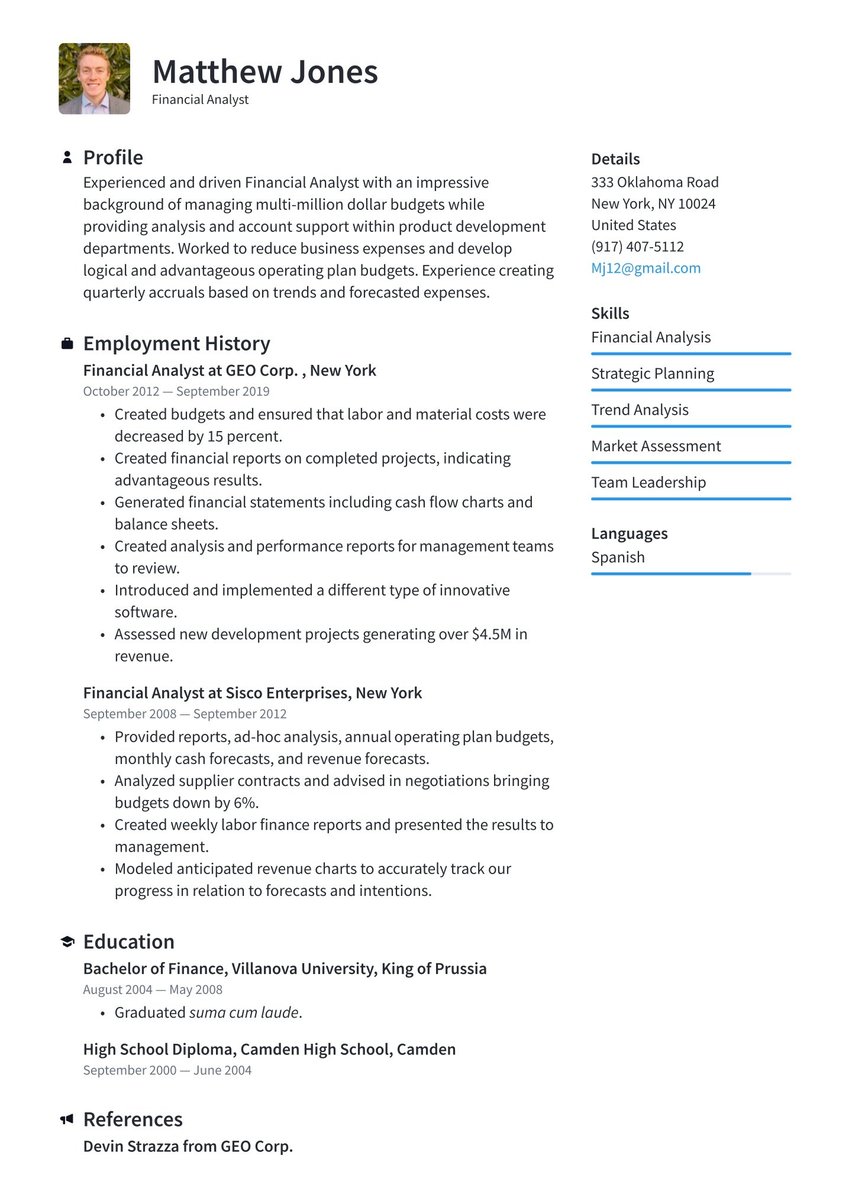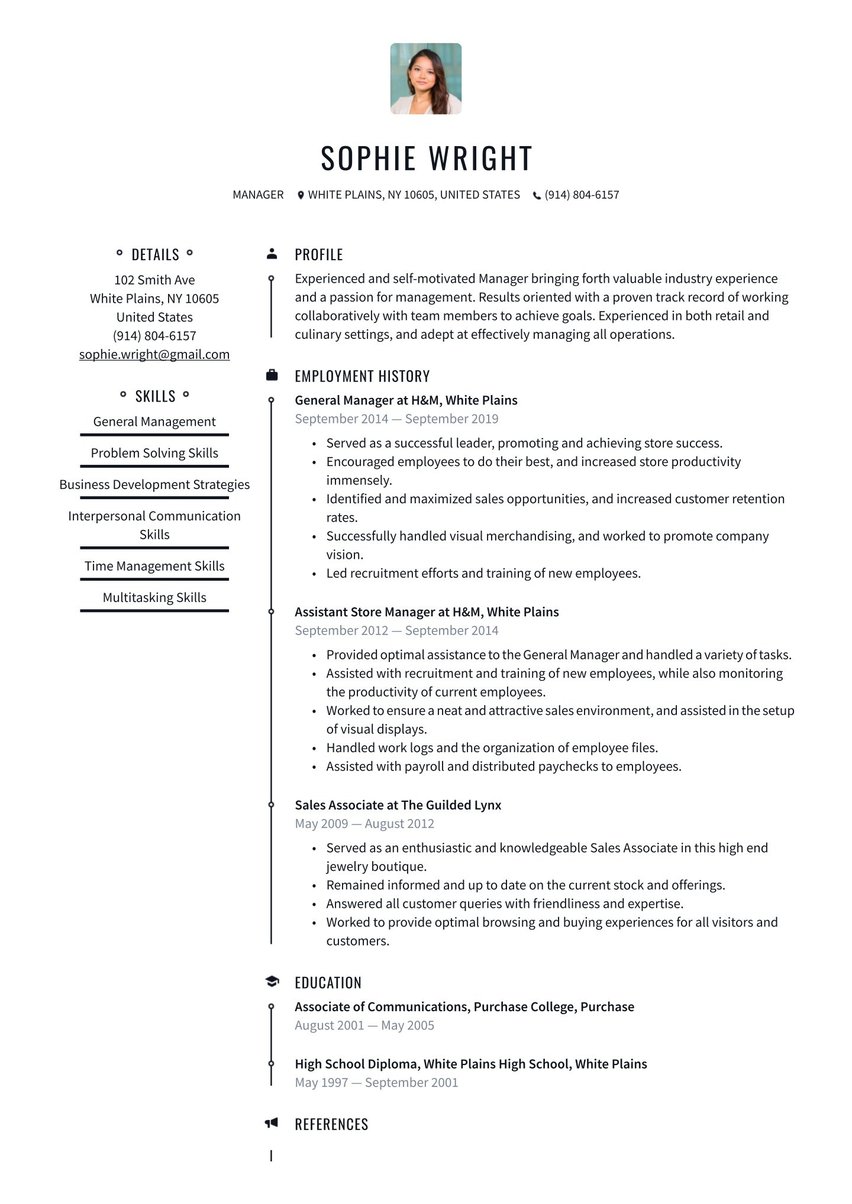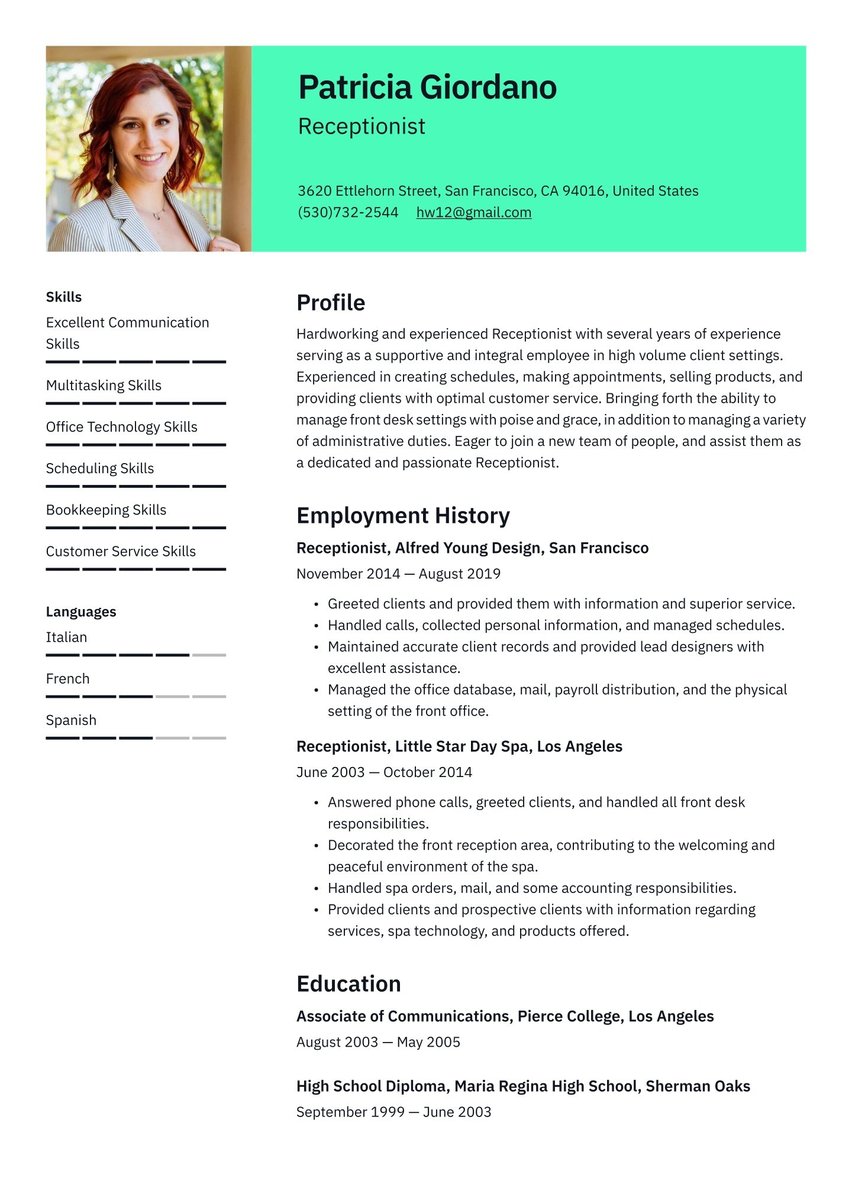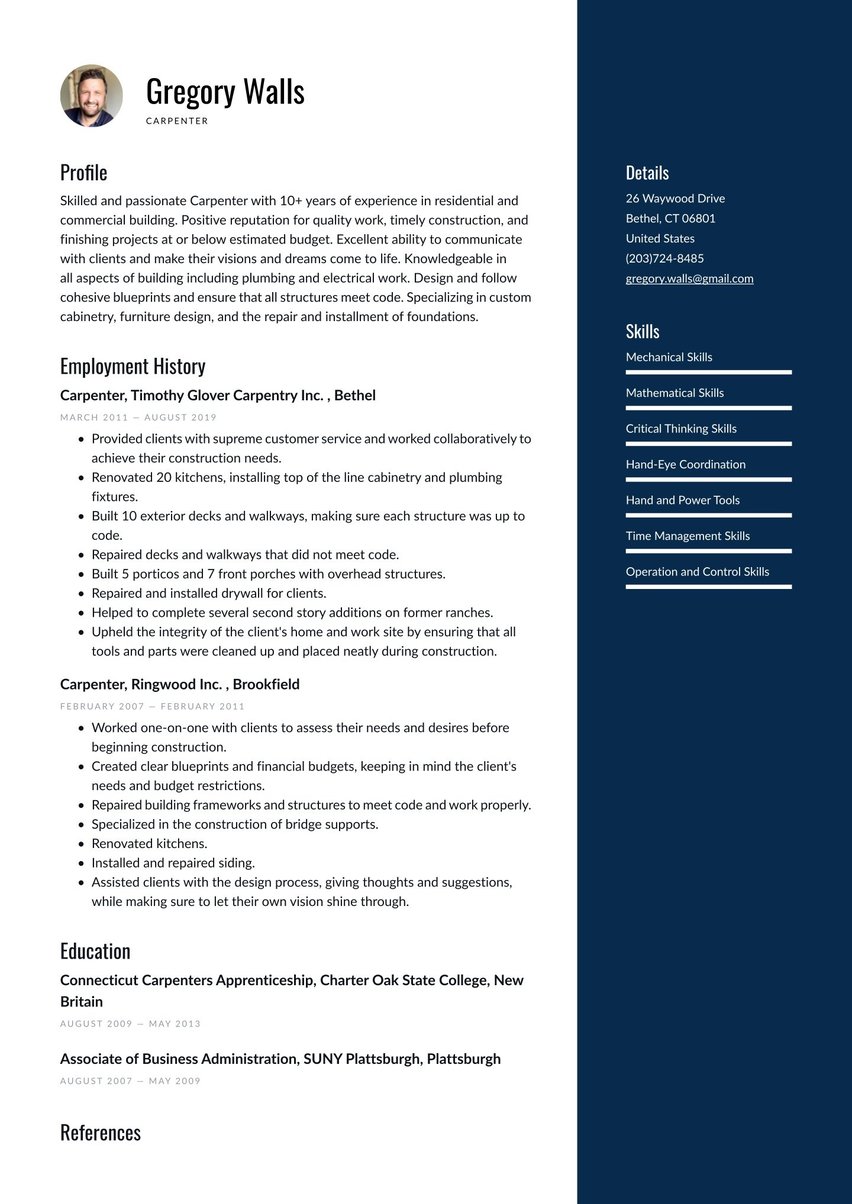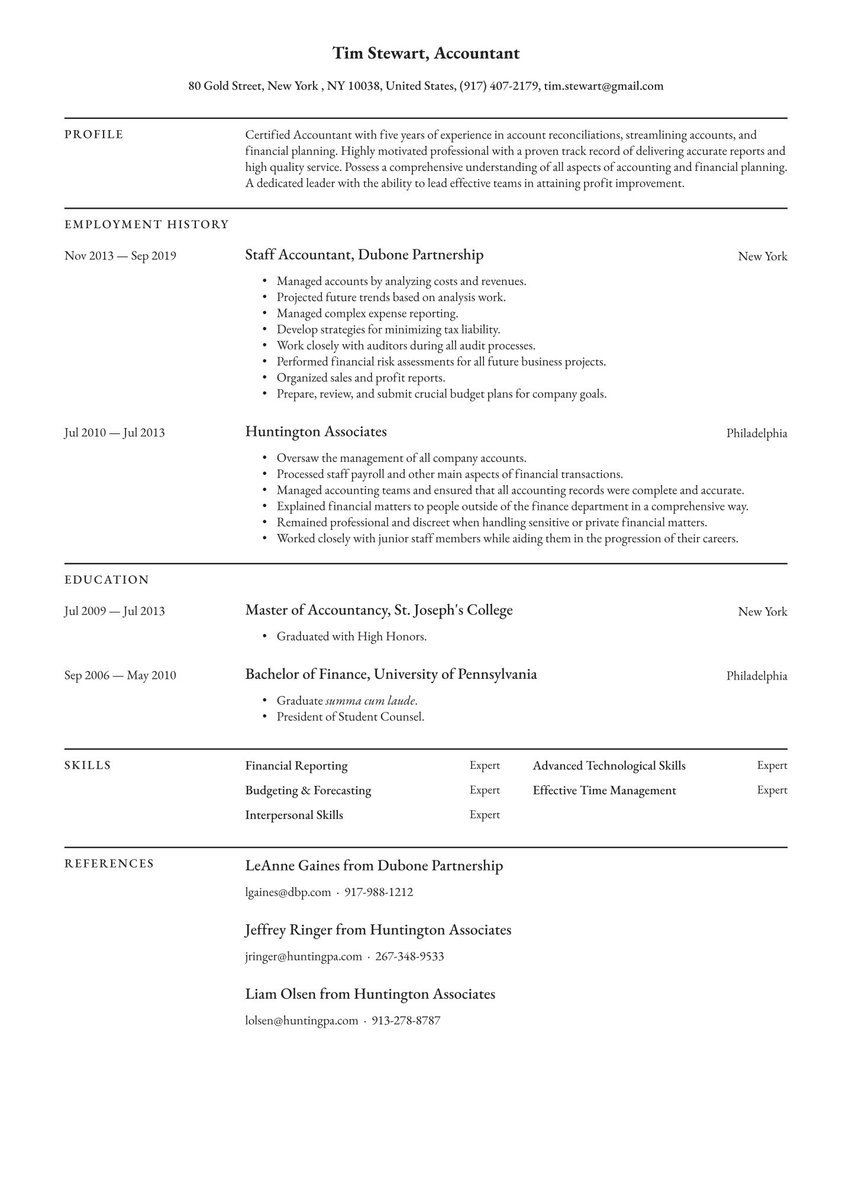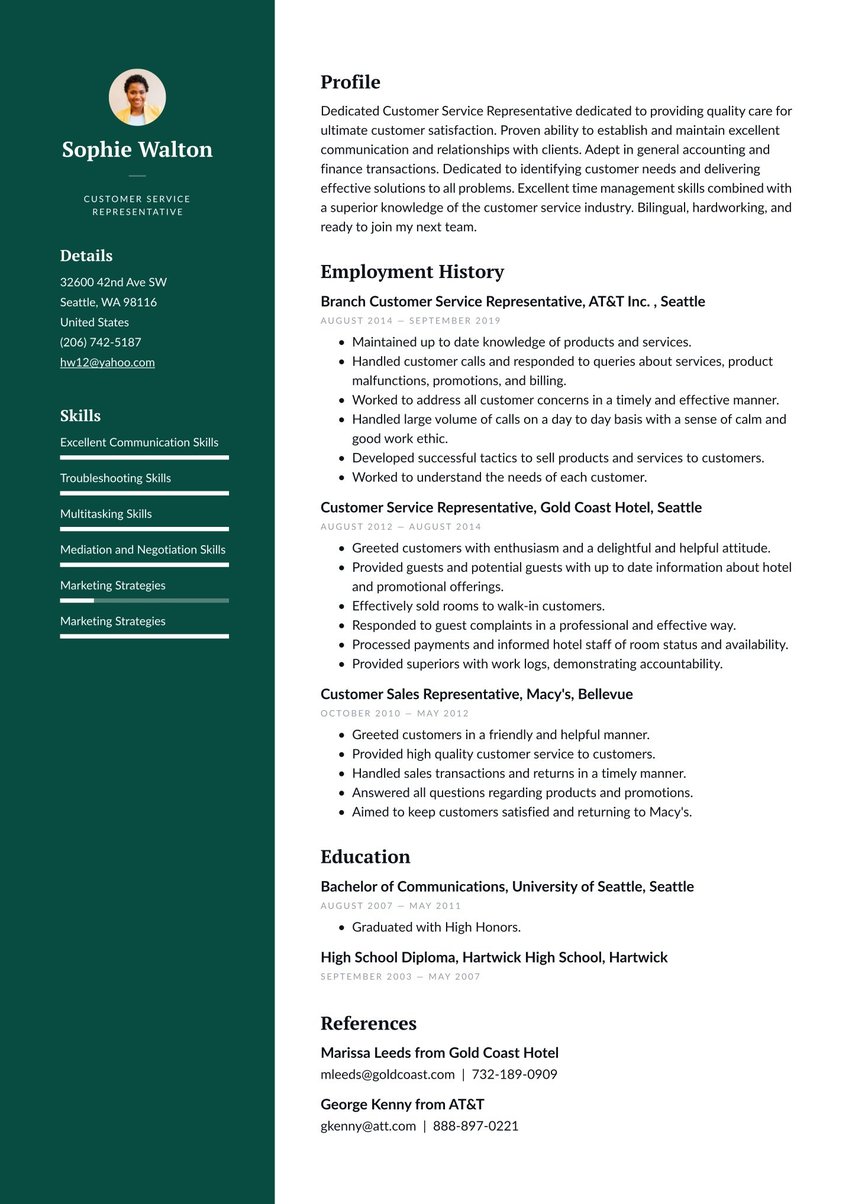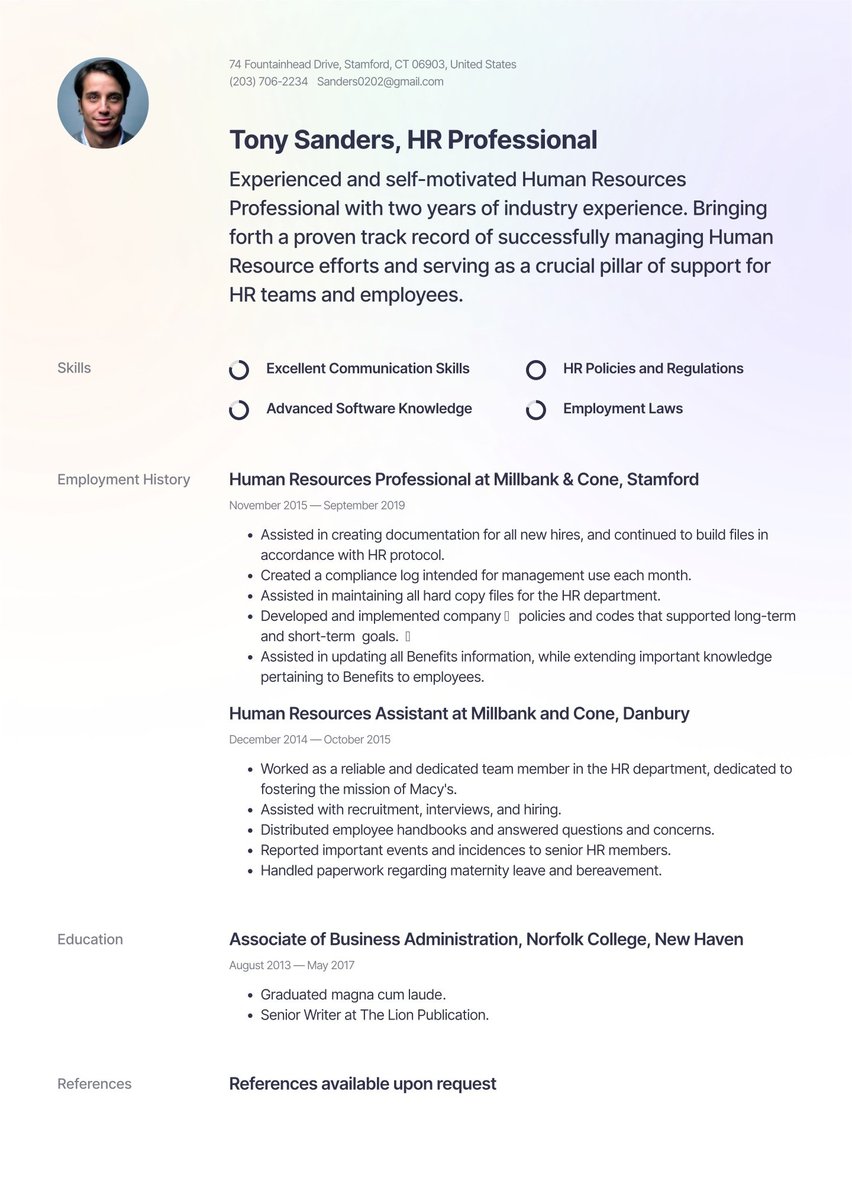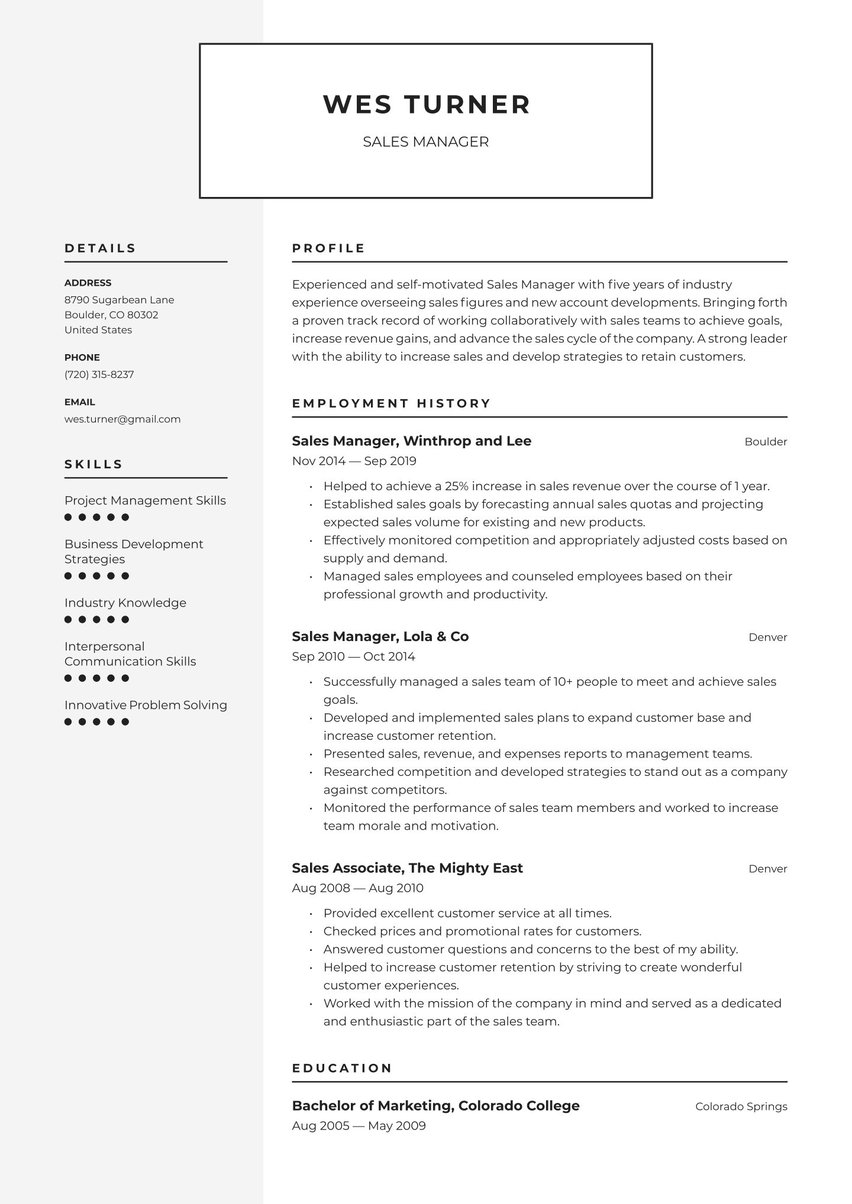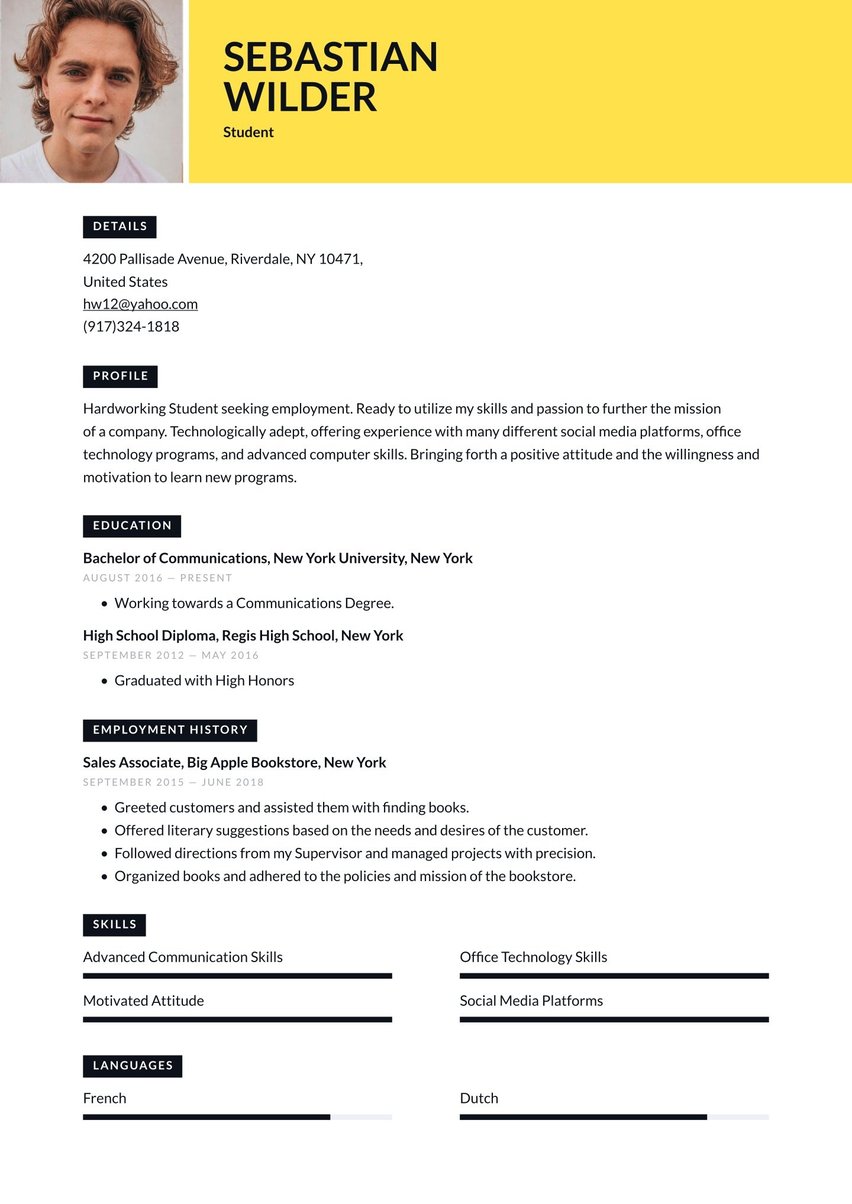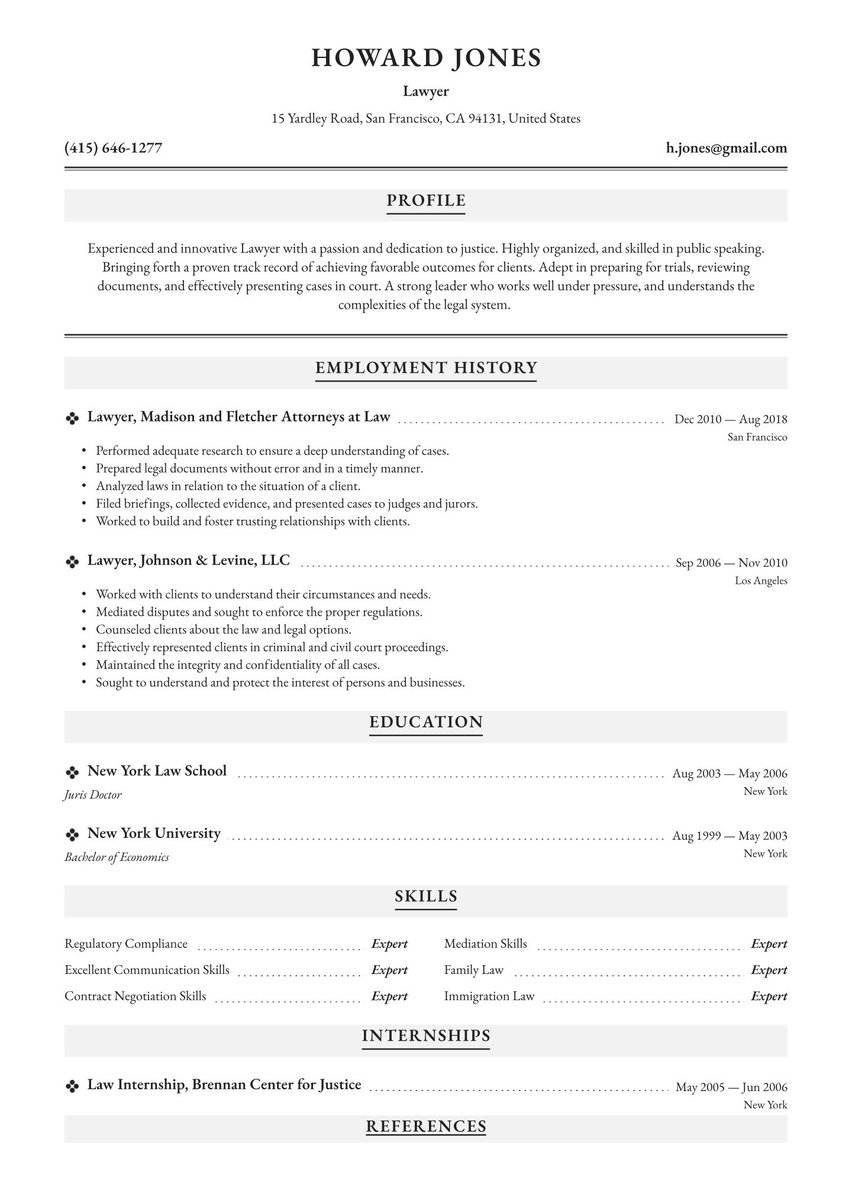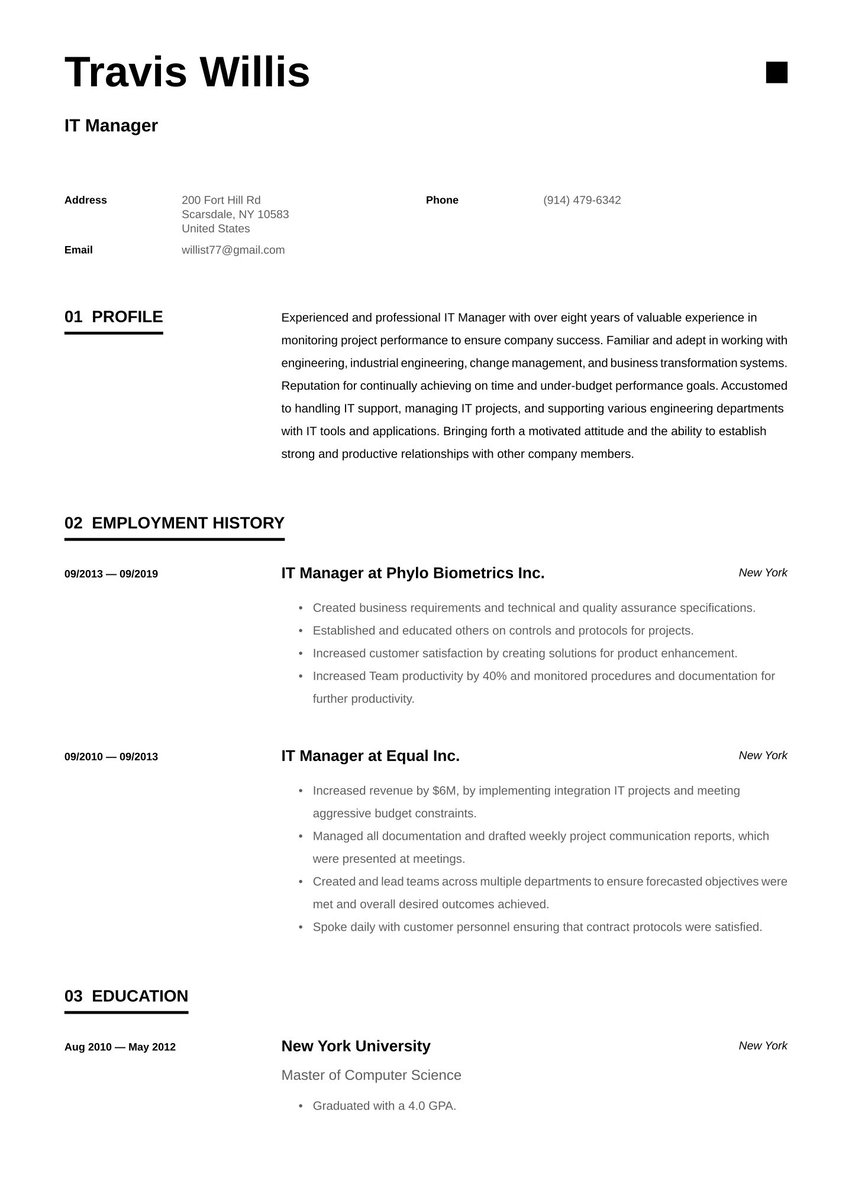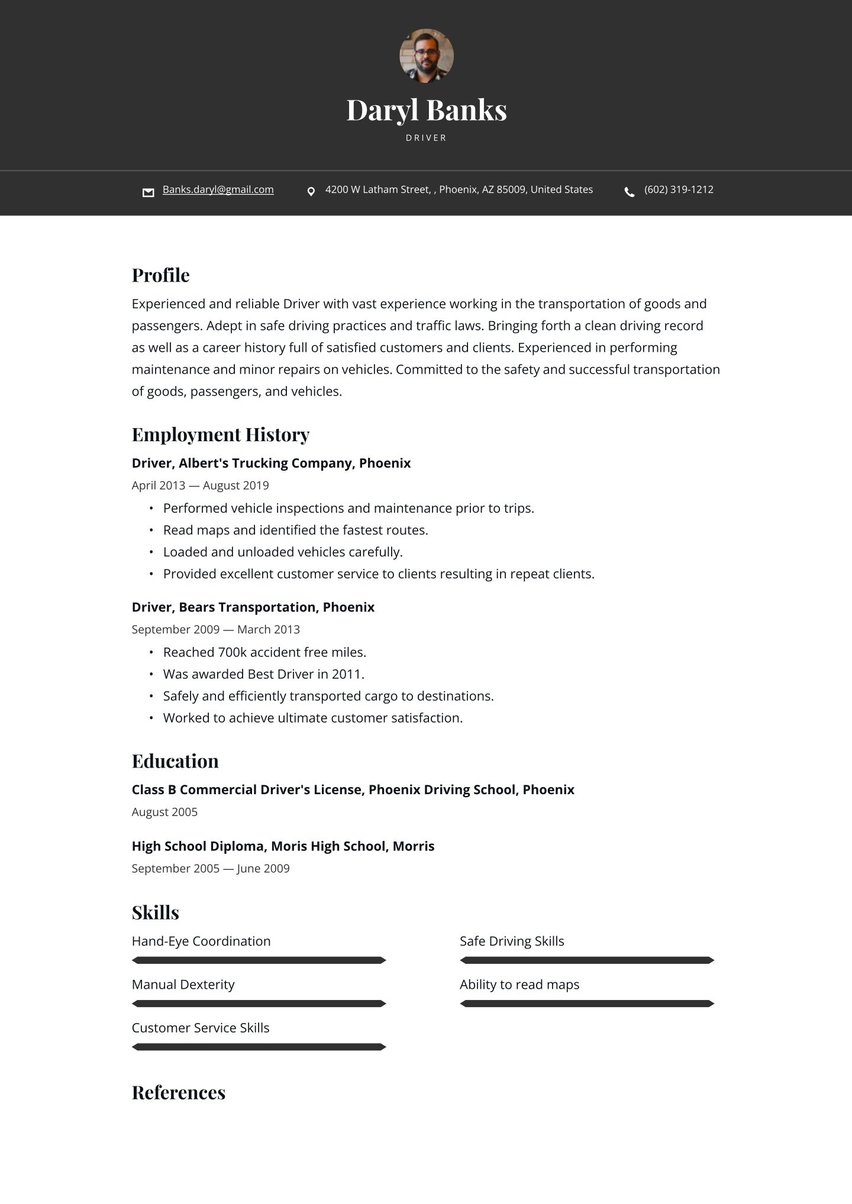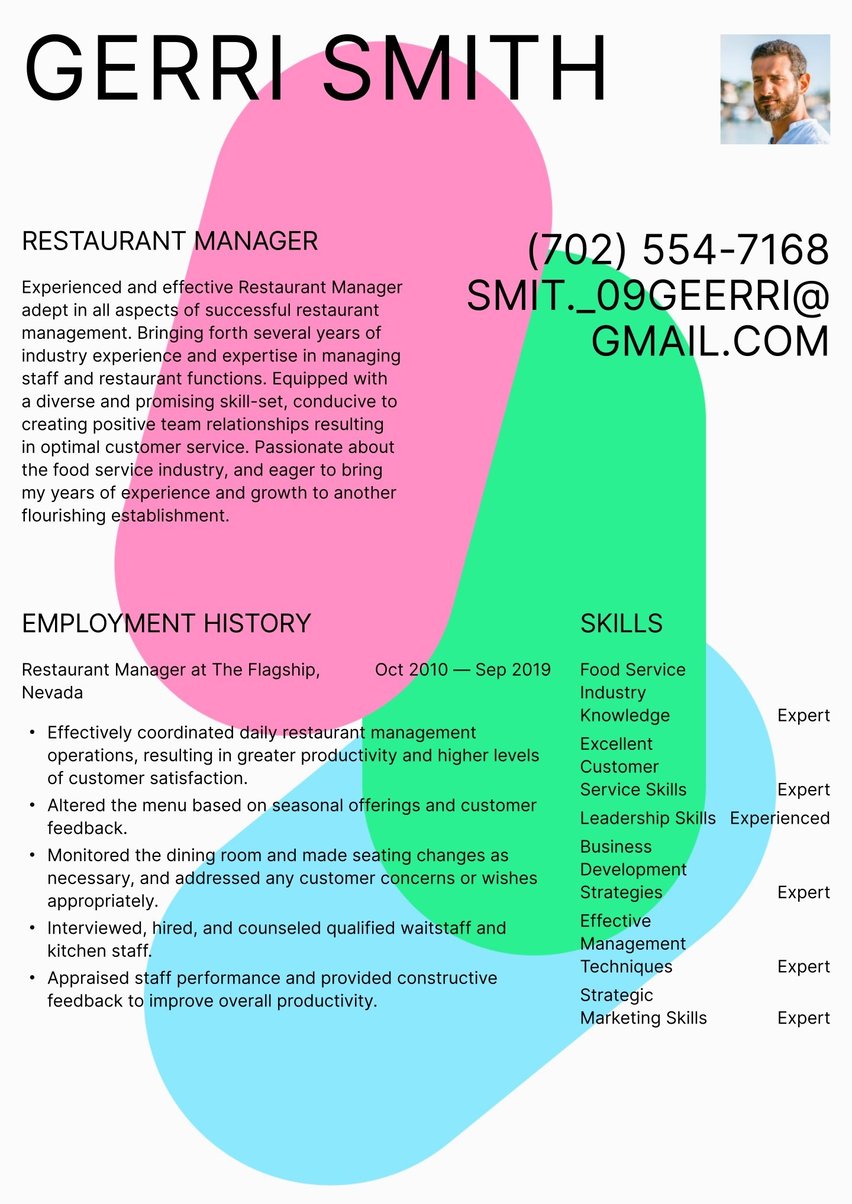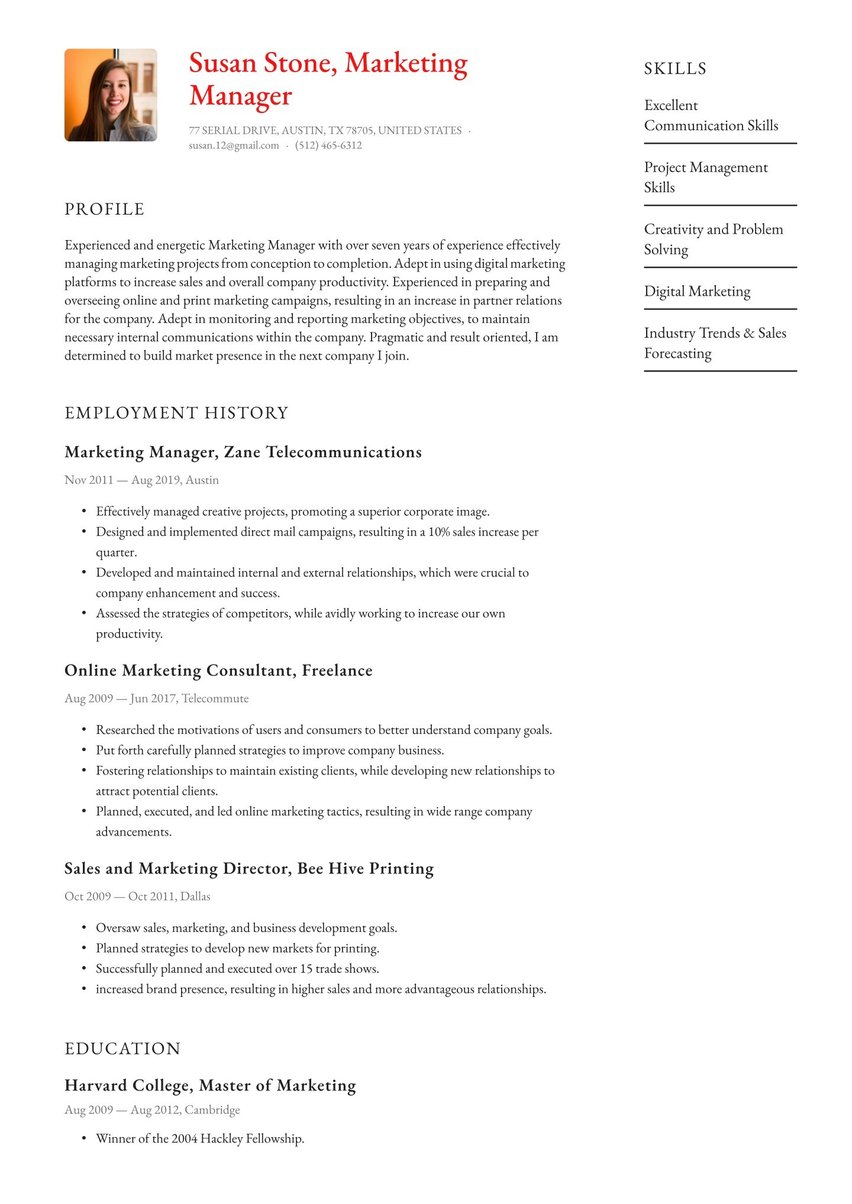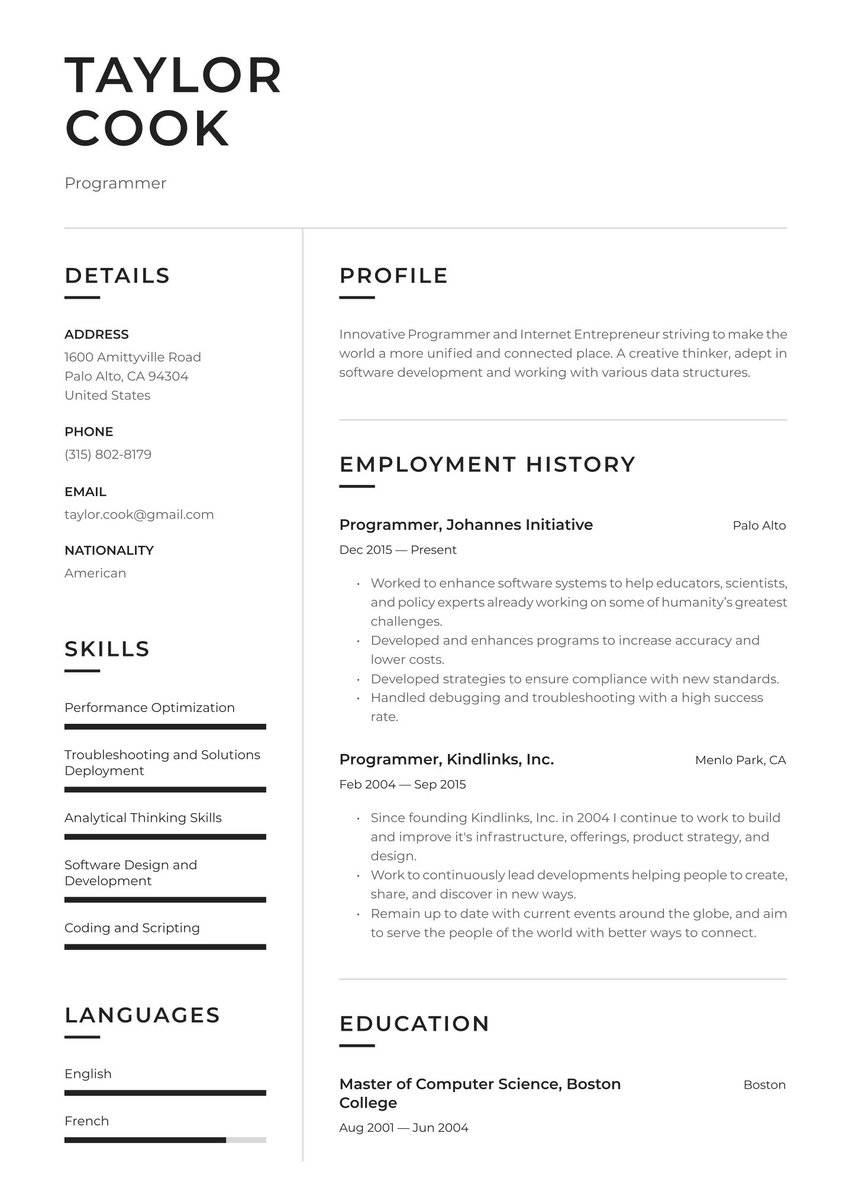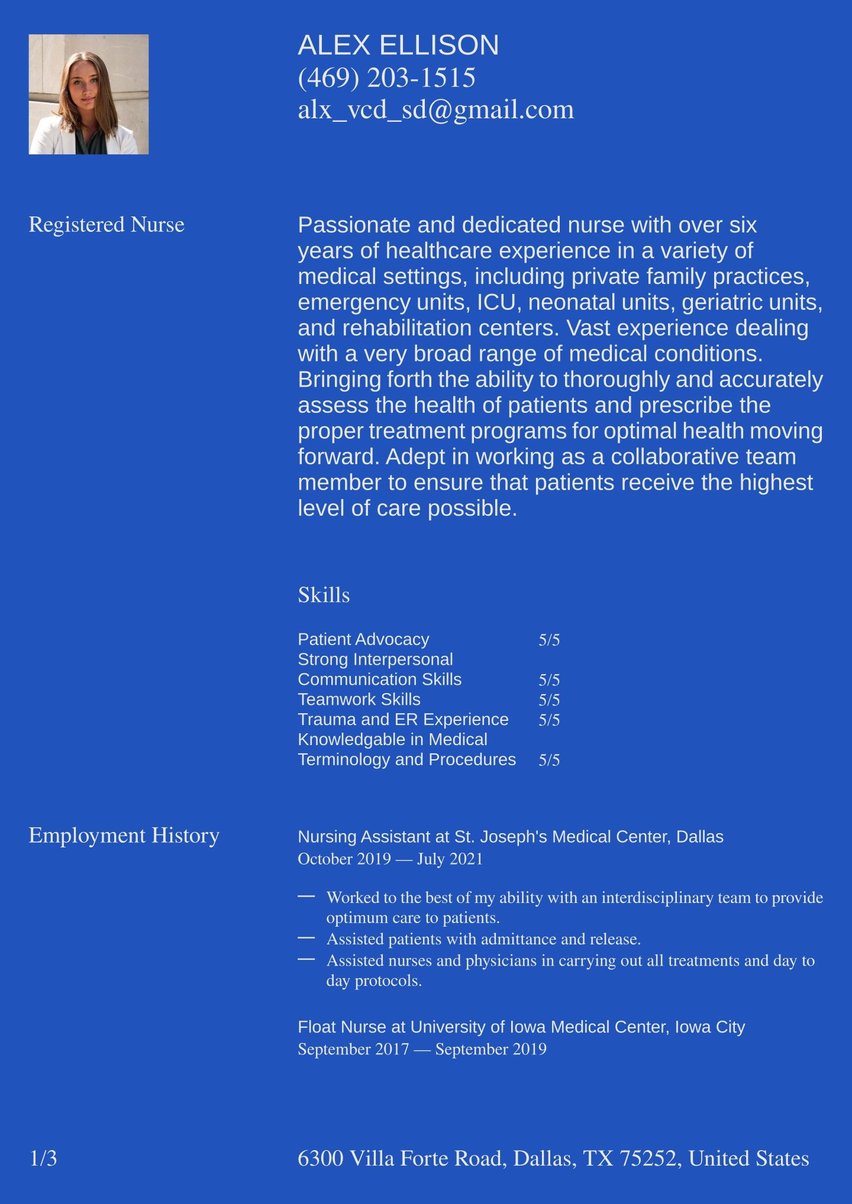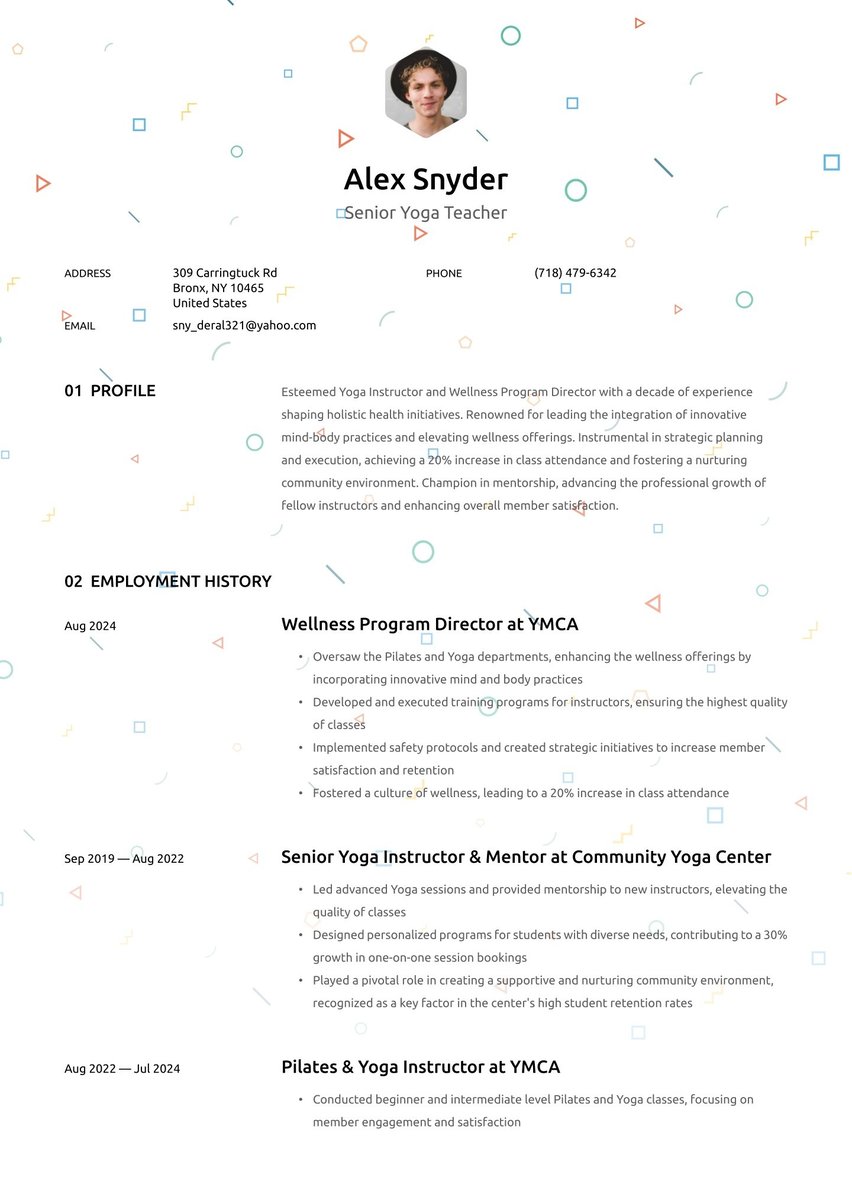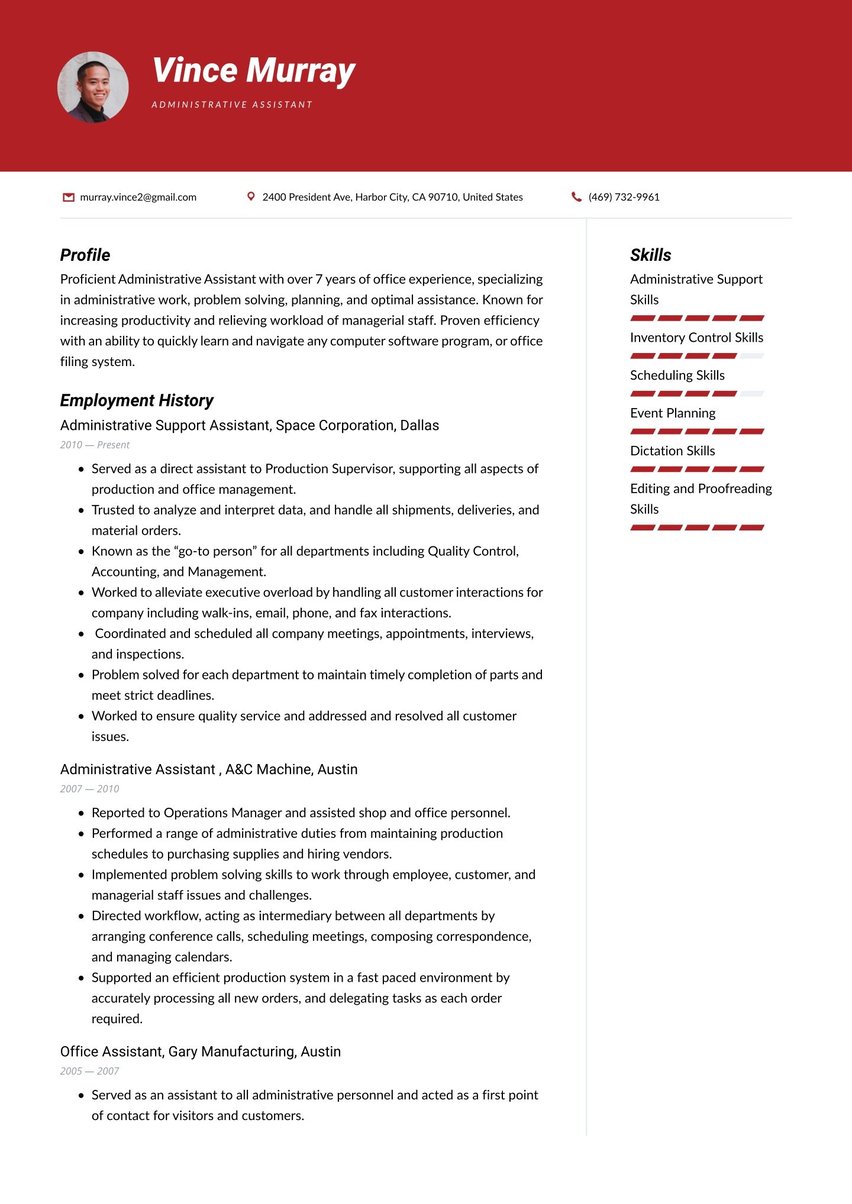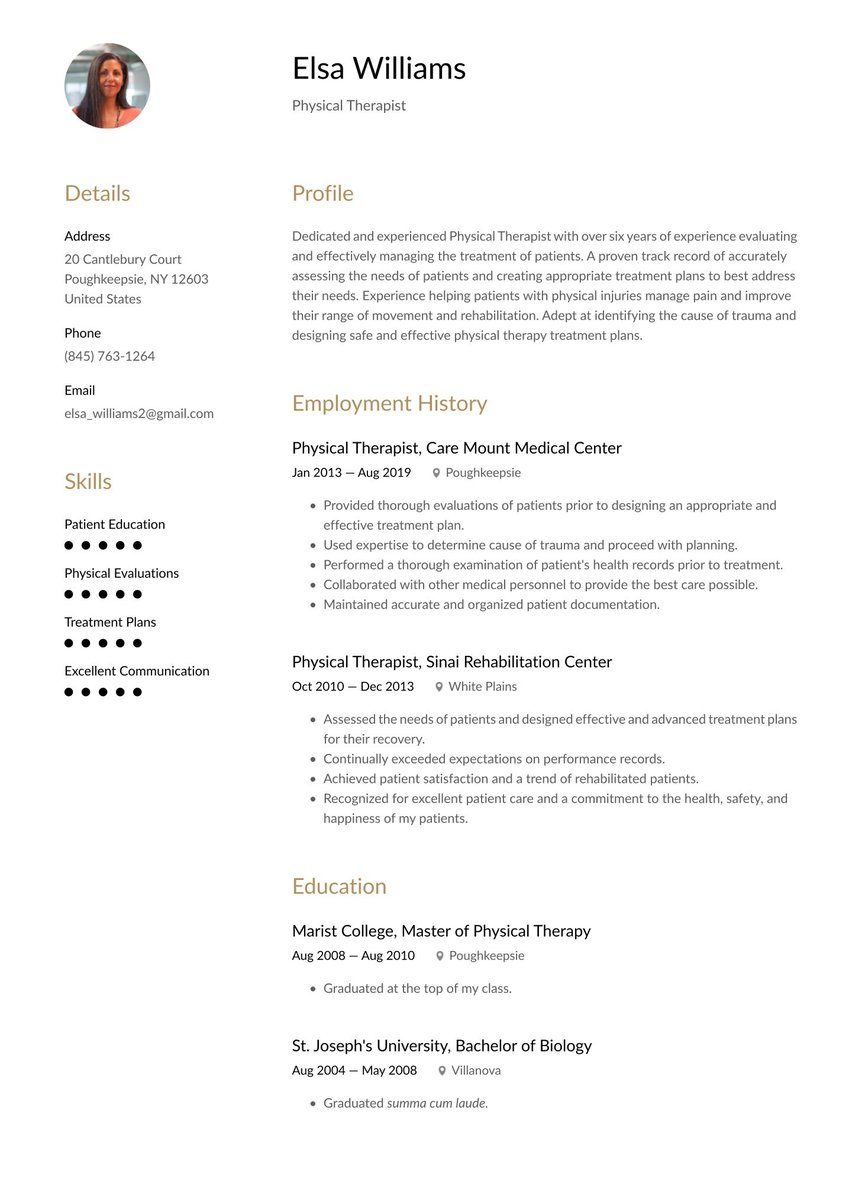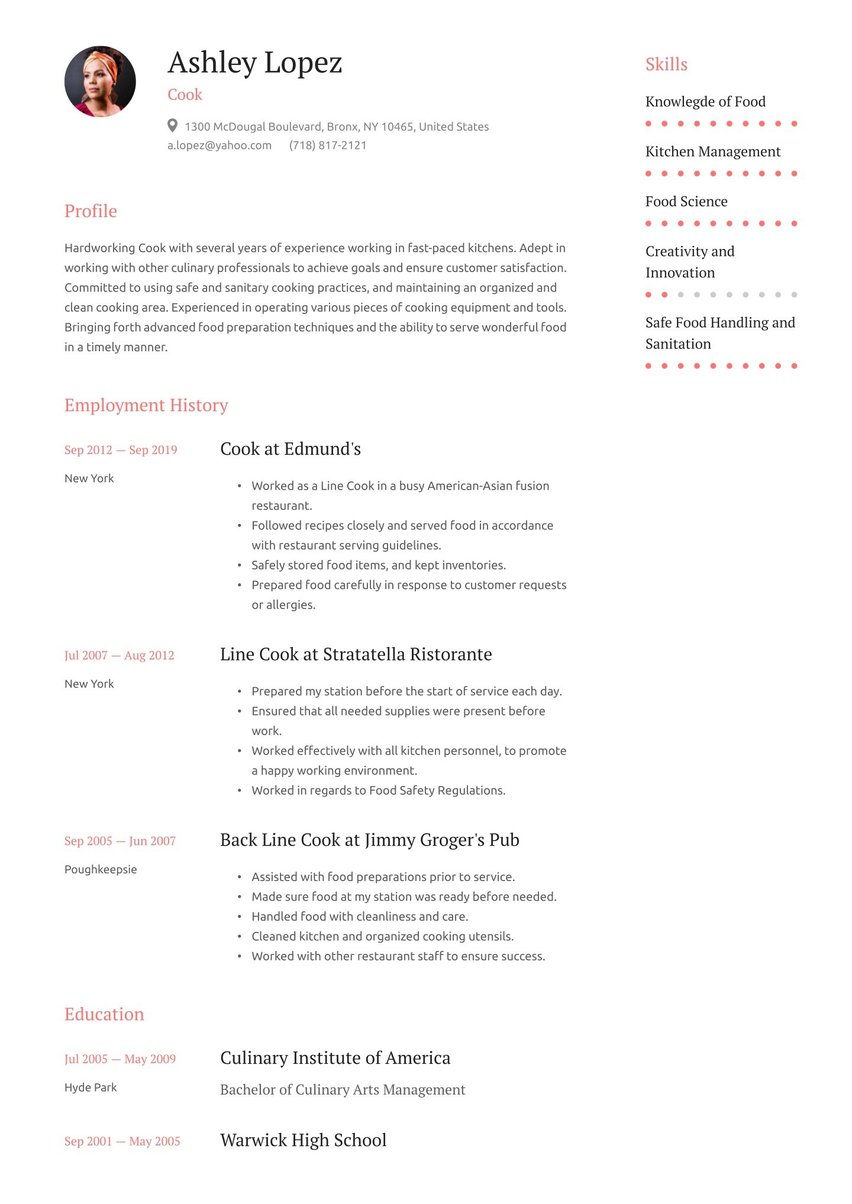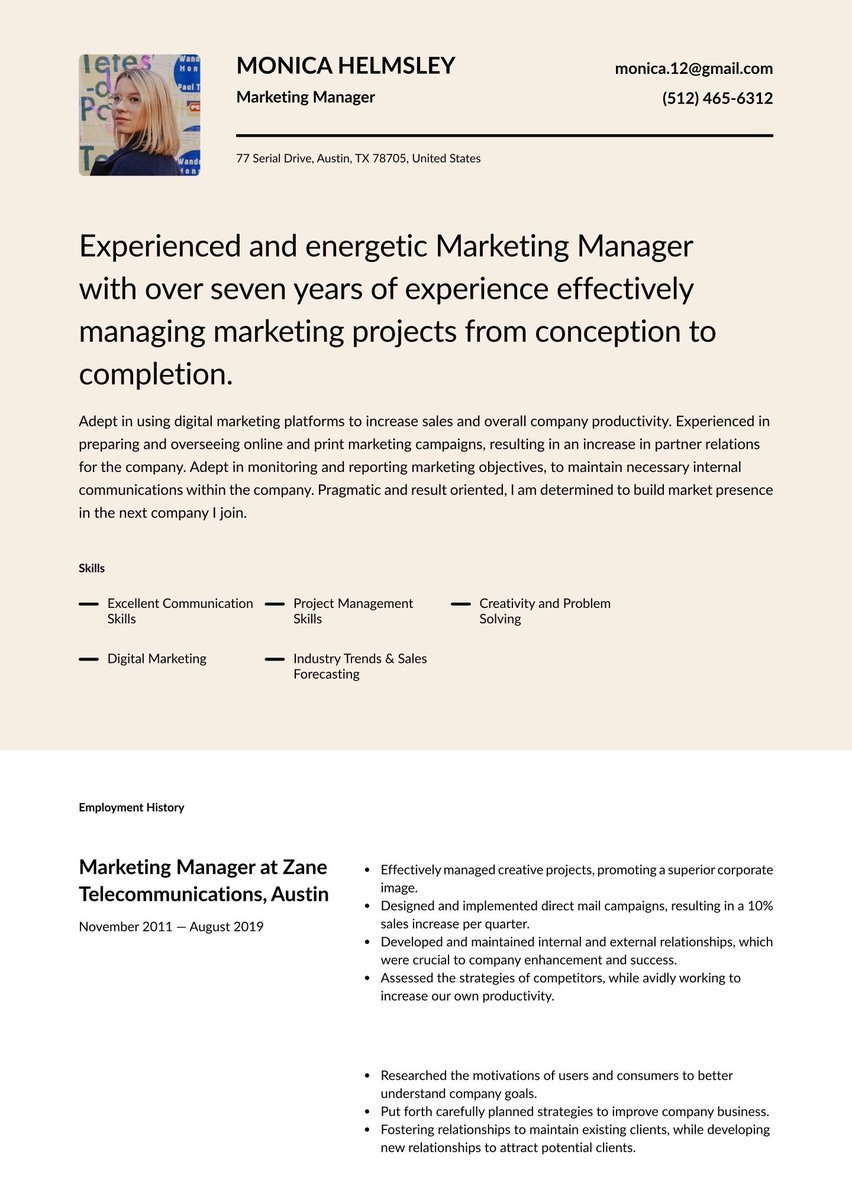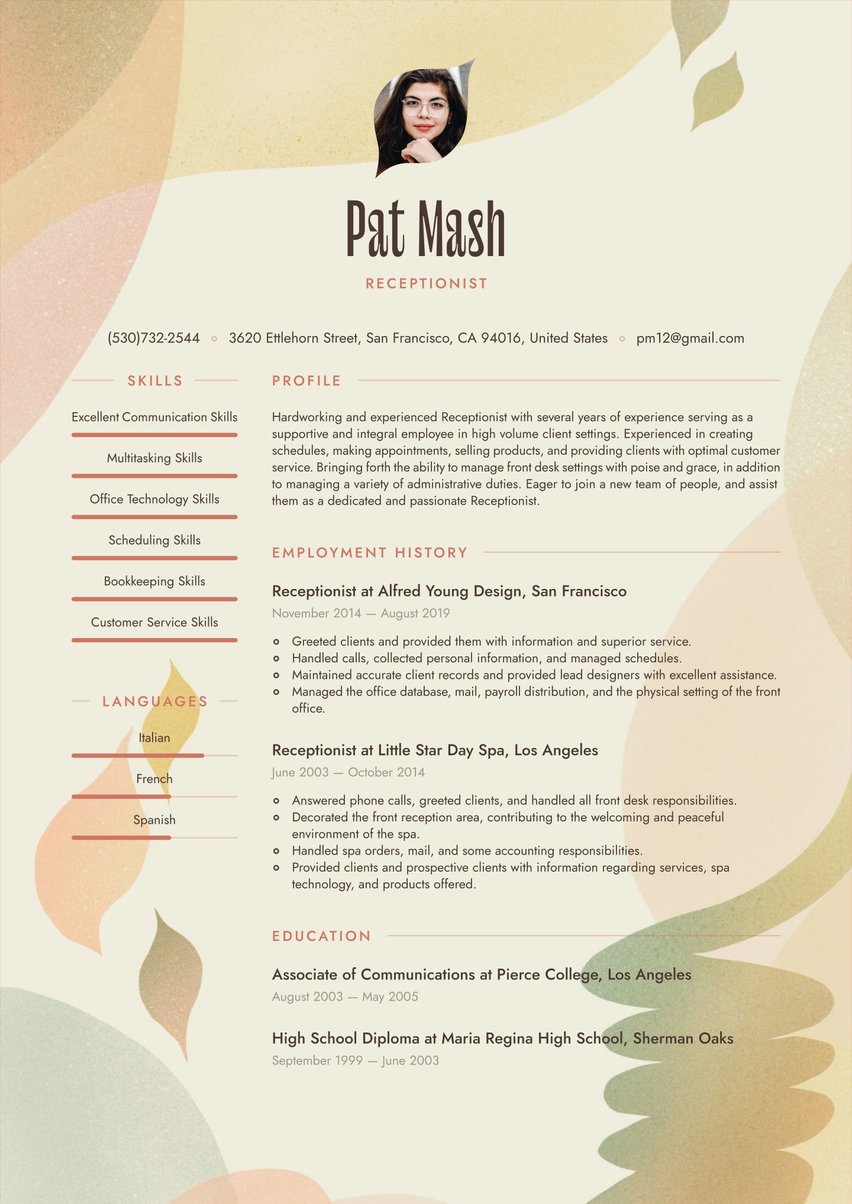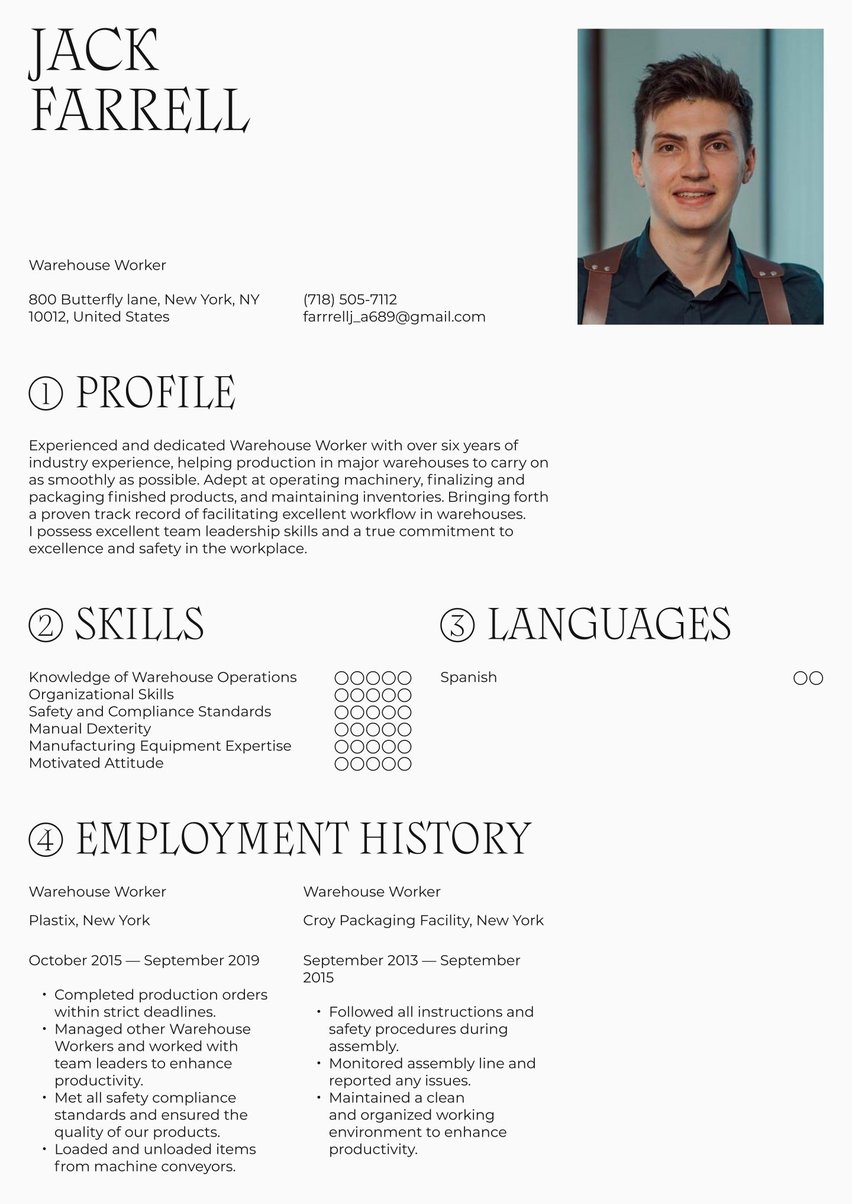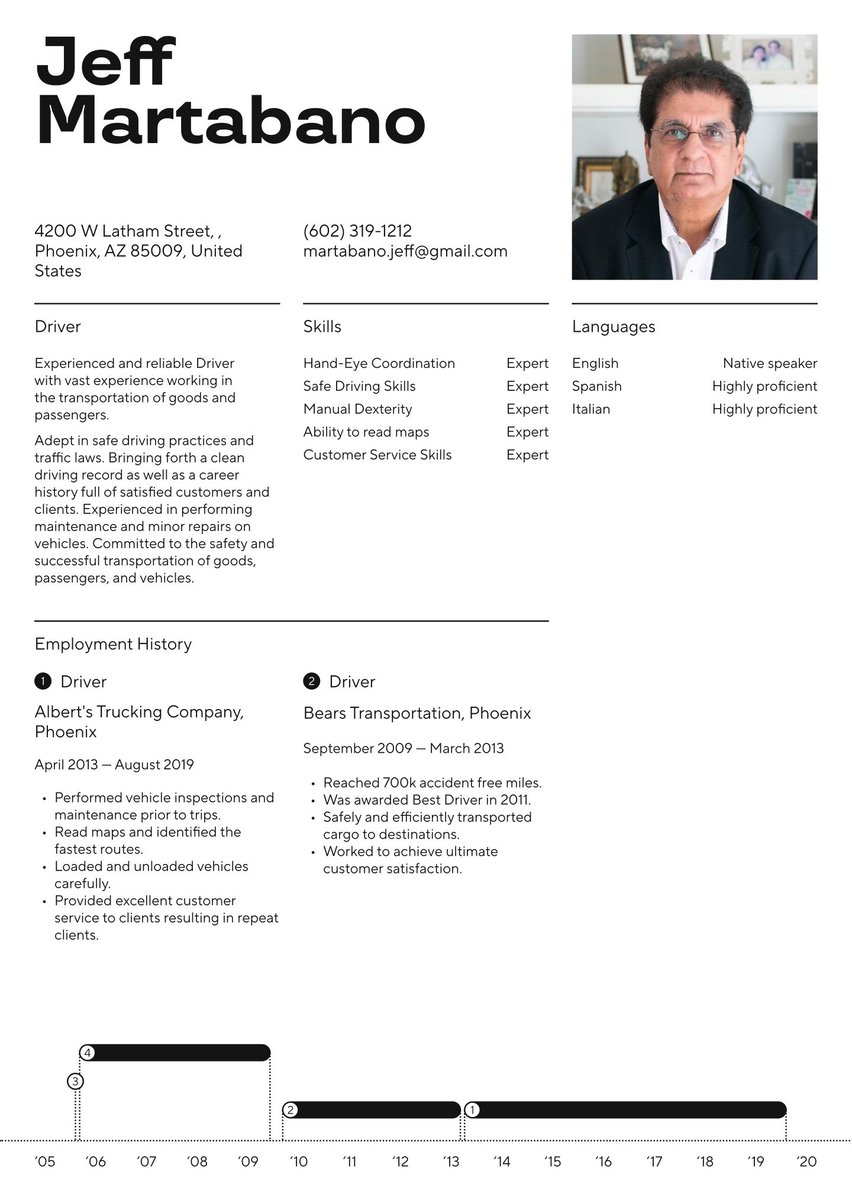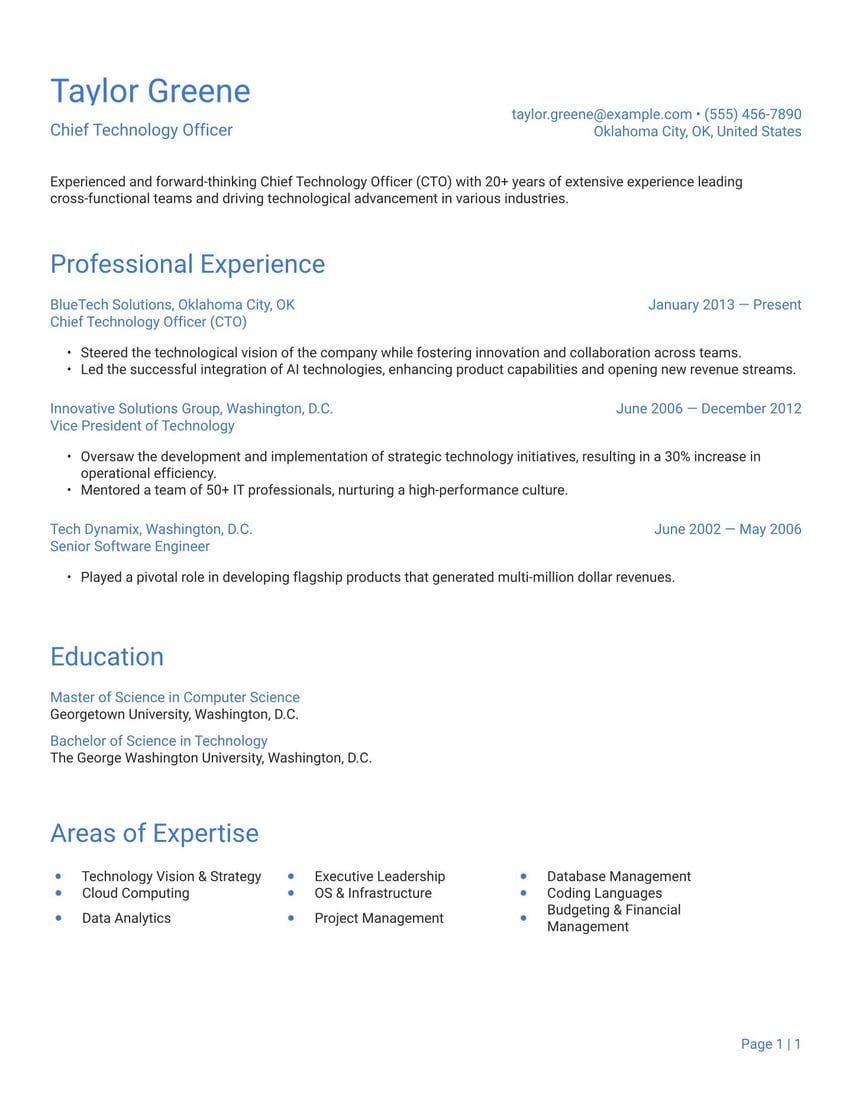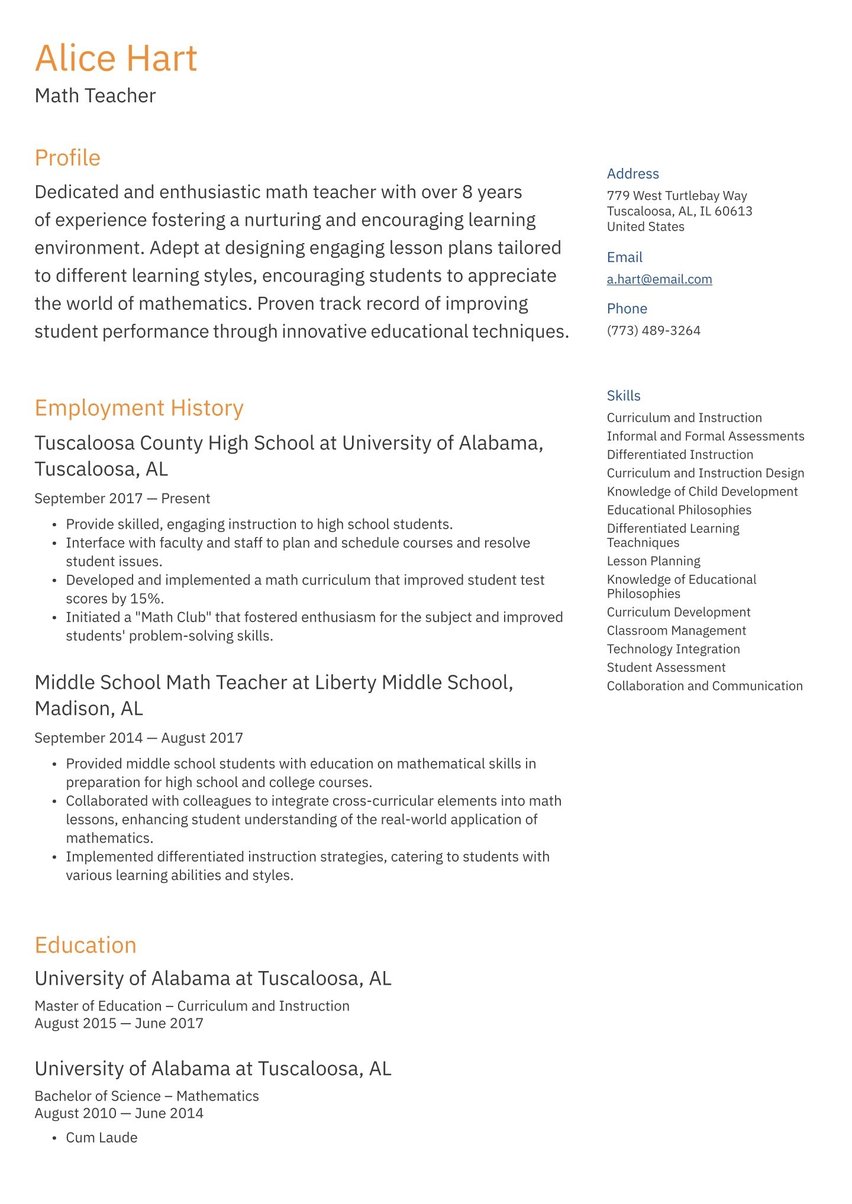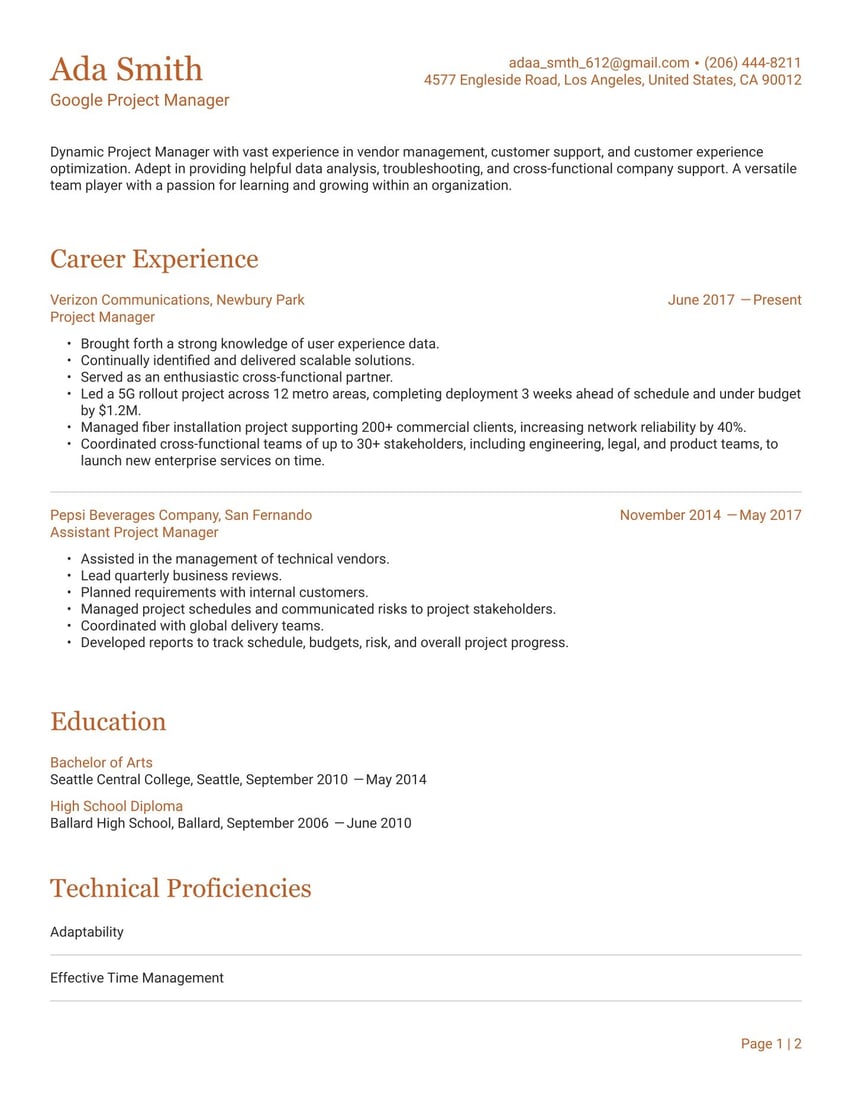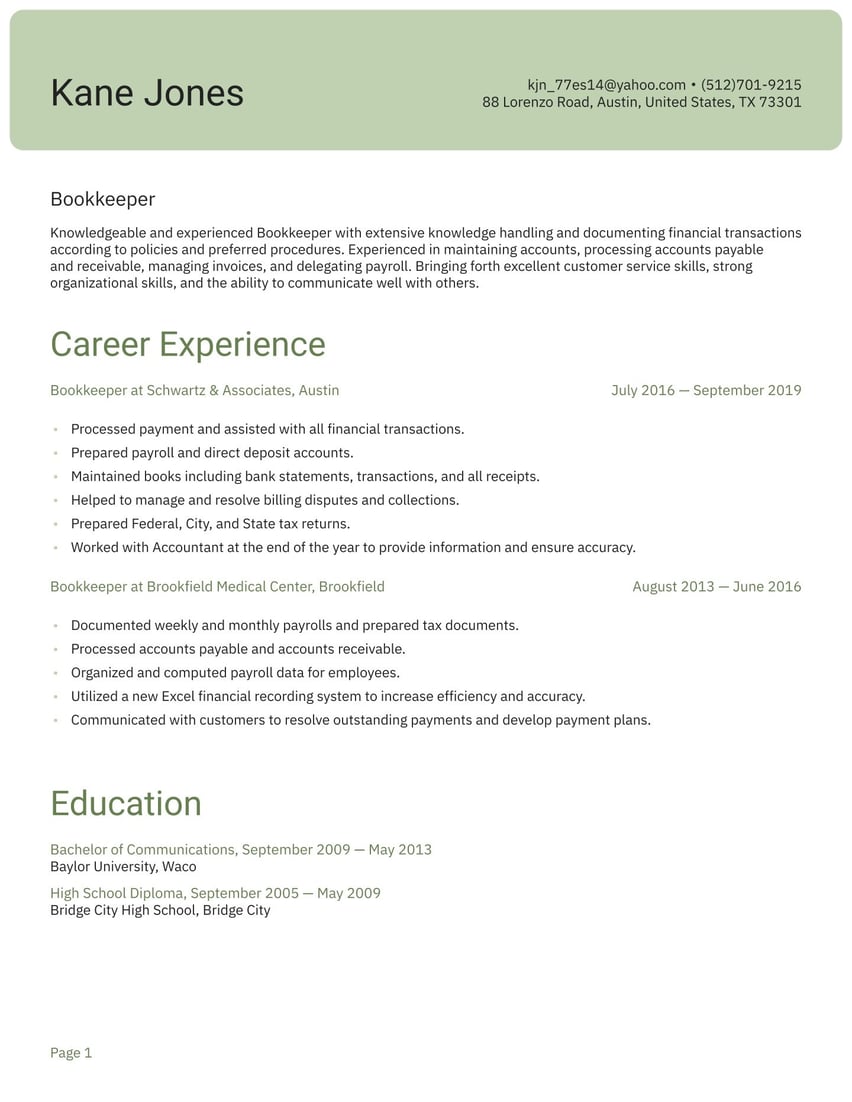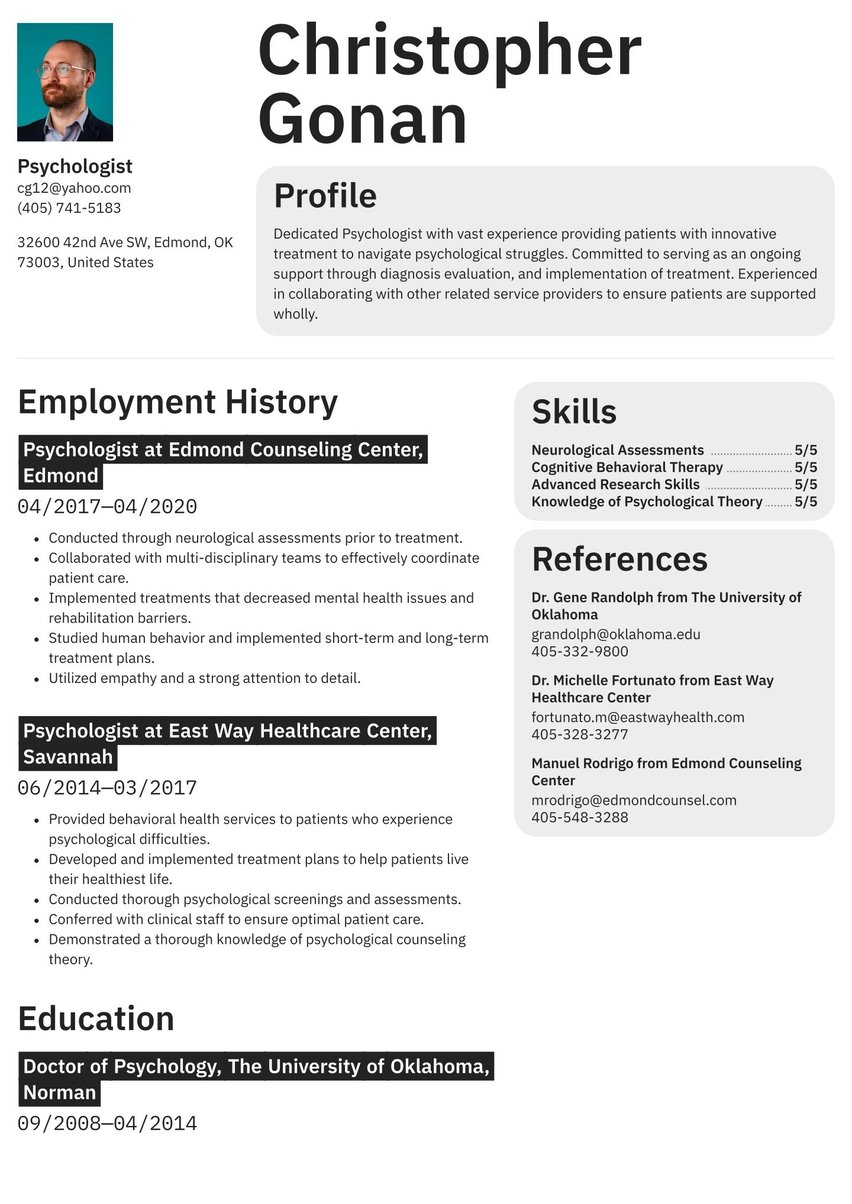Experienced and highly skilled Bank Manager adept in overseeing all aspects of branch performance, attaining sales goals, developing customer service strategies, and creating operational functionality. Self-motivated and committed to achieving goals by effectively strategizing and following through with appropriate plans of action.
08/2016 - 08/2021, Bank Manager, Hartford Savings Bank, Hartford
- Manage and direct the overall branch activities to reach established revenue goals for growth and profitability.
- Support the expansion of existing business and development of new business across all bank product lines.
- Develop relationships with top customers and maintain knowledge of the customer’s banking needs and their service expectations.
- Promote community relations for the branch through representation in community organizations.
- Maintain an up-to-date knowledge of the bank’s product offerings.
- Handle all staffing arrangements and ensure that employees are adequately trained and coached on product knowledge and selling techniques.
03/2013 - 06/2016, Product Manager, Emeritus National Bank, Hartford
- Supported product initiatives and customer experience from conception to roll out.
- Worked closely with staff to lead branch team members to support a strong sales culture.
- Maintained an awareness of competition in the local marketplace to drive sales and customer retention rates.
- Developed an in-depth understanding of the bank’s consumer and business products and services.
- Maintained an expert knowledge of the bank’s policies and procedures.
09/2008 - 05/2012, High School Diploma, Wallingford High School, Wallingford
- English
- German
- Leadership
- Multitasking
- Customer Service
- Knowledge of Banking Software
- Marketing and Sales
- Budgeting and Finance
06/2012 - 03/2013, Economics of Money and Banking, Columbia University
If you want to manage banks because that’s where the money is, you’ll face a challenging but rewarding career requiring skills in management, business and finance. But first you’ll need an excellent bank manager resume.
Bank Manager resume examples by experience level
This writing guide and bank manager resume example will tell you what you need to know about preparing this crucial job-application document for this occupation. What we’ll cover here:
- What does a bank manager do?
- How to write a bank manager resume
- The five components of a successful resume
- Choosing the best resume format for a bank manager
Resume.io is a resource for job seekers in all fields and at all experience levels. Check out our 300+ resume examples for more writing and formatting tips.
What does a bank manager do?
Bank managers are financial professionals who oversee all aspects of the operation of one or more branches of a bank. They are responsible for meeting sales targets, overseeing staff training, promoting the bank and its services, and occasionally meeting with customers to address any problems.
Bank managers ensure that daily operations run smoothly, work to increase the bank’s performance, report to senior management on bank operations, and keep staff fully informed of any changes in strategy or policy.
How to write a bank manager resume
A bank manager resume sample should be one page only. It needs to have just five components:
- The resume header
- The resume summary (aka profile or personal statement)
- The employment history section
- The resume skills section
- The education section
The header is the place at the top of the resume that lists the applicant’s name, occupation, address, phone number and email. Sometimes a LinkedIn URL is included. The header needs to be attractively designed and laid out, setting a visual tone for the rest of the page.
Choosing the best resume format for a bank manager
Your bank manager resume sample needs to look as good as it reads, so pay close attention to the format and design (more on that later). Your key formatting decision is whether to list your work history in the reverse chronological or functional format.
If you have a relatively uninterrupted history of employment at banks, as most potential bank managers will, the reverse chronological approach will usually be your best bet, as found on our resume sample.
Summary resume example: your elevator pitch
The resume summary, also known as a profile or personal statement, allows you to describe yourself and your professional qualifications for the job you’re seeking in your own words. In fact, it’s the only place in your bank manager resume where you get to use full sentences.
It’s the equivalent of an “elevator pitch” – what you would tell a hiring manager if you found yourself in an elevator with that person and had to sell yourself as an excellent job candidate before s/he gets off the elevator.
The summary typically focuses on experience, education and skills, highlighting those that best qualify you for the position. Avoid cliches and use the most original and compelling language you can to build a winning case.
For inspiration, compare some of the summaries in our different fields:
Always be conscious of Applicant Tracking Systems (ATS), software programs that employers use to filter resumes according to the saturation of critical keywords they contain. Employers first input the key qualifications they are looking for, which are usually described in the help-wanted ad. ATS programs then rank resumes according to automated searches for these keywords.
Resumes that contain none of the keywords are likely to be rejected without any human review. This is why it’s critical to review job listings closely to find out what employers are seeking, and to make your resume match as much as possible. It’s also one reason you should tailor your resume for each job you’re seeking.
Experienced and highly skilled Bank Manager adept in overseeing all aspects of branch performance, attaining sales goals, developing customer service strategies, and creating operational functionality. Self-motivated and committed to achieving goals by effectively strategizing and following through with appropriate plans of action.
Employment history sample: your experience
List your employment history within your bank manager resume here in reverse chronological order – the banks where you’ve worked, where they’re located, your last job title and the years you worked there. Then, take it a step further and highlight your achievements.
In addition to a simple listing of past jobs, your work history should include bullet points under each one specifying what you did at your jobs – your responsibilities, achievements and milestones. Be as specific as possible, using facts and figures to describe dollar figures, percentage growth, employees managed and other relevant stats. Check out the employment history section on our bank manager resume example.
Bank Manager at Hartford Savings Bank, Hartford, CT
August 2016 - Present
- Manage and direct the overall branch activities to reach established revenue goals for growth and profitability.
- Support the expansion of existing business and development of new business across all bank product lines.
- Develop relationships with top customers and maintain knowledge of the customer’s banking needs and their service expectations.
- Promote community relations for the branch through representation in community organizations.
- Maintain an up-to-date knowledge of the bank’s product offerings.
- Handle all staffing arrangements and ensure that employees are adequately trained and coached on product knowledge and selling techniques.
Product Manager at Emeritus National Bank, Hartford, CT
March 2013 - June 2016
- Supported product initiatives and customer experience from conception to roll out.
- Worked closely with staff to lead branch team members to support a strong sales culture.
- Maintained an awareness of competition in the local marketplace to drive sales and customer retention rates.
- Developed an in-depth understanding of the bank’s consumer and business products and services.
- Maintained an expert knowledge of the bank’s policies and procedures.
CV skills example: where you excel
Every bank manager CV should include a list of the candidate’s job-related skills. Typically these are a mix of hard skills (technical capabilities like mastery of accounting software) and soft skills (interpersonal talents like communication and management). Match the skills the employer seeks with the ones you list.
Since the resume skills section is usually a bullet-point list, try to focus on abilities that can be summarized in one or two words. See our bank manager resume example for more insight.
- Leadership
- Multitasking
- Customer Service
- Knowledge of Banking Software
- Marketing and Sales
- Budgeting and Finance
Bank manager resume education example: your schooling
You’ll probably need a university degree in this career, preferably in finance, accounting, business or a similar field. In the education section of your bank manager resume, name the colleges you’ve attended, their locations, the years you attended and the degree you obtained.
Use reverse chronological order, listing your highest degree first. If you have a postgraduate degree, it’s not necessary to mention your high school. You should also list any certifications you hold in your field. See our bank manager resume example for more insight.
High School Diploma, Wallingford High School, Wallingford
September 2008 - May 2012
Economics of Money and Banking, Columbia University
June 2012 - March 2013
Resume layout and design
Banking is serious business so you want to project an air of trustworthy professionalism in your bank manager resume design. That means sticking to common, legible fonts, leaving ample margins and avoiding all but a touch of color.
Let your accomplishments speak for themselves and avoid cutesy icons such as dollar signs or coins.
Instead of designing your own resume, consider using a template that provides an attractive framework, leaving you with nothing to do but write the text. Resume.io offers dozens of resume templates that give you plenty of options.
Key takeaways
- You need a one-page resume consisting of five elements, so make every word count.
- Be aware of ATS software that could sink your chances or propel your resume to the top.
- Customize your resume sample for each employer.
- Choose a format and design that makes your resume look good at a glance.
- Use a professional, field-tested framework where the design is done for you.
- Best of luck!


.jpg)

.jpg)










